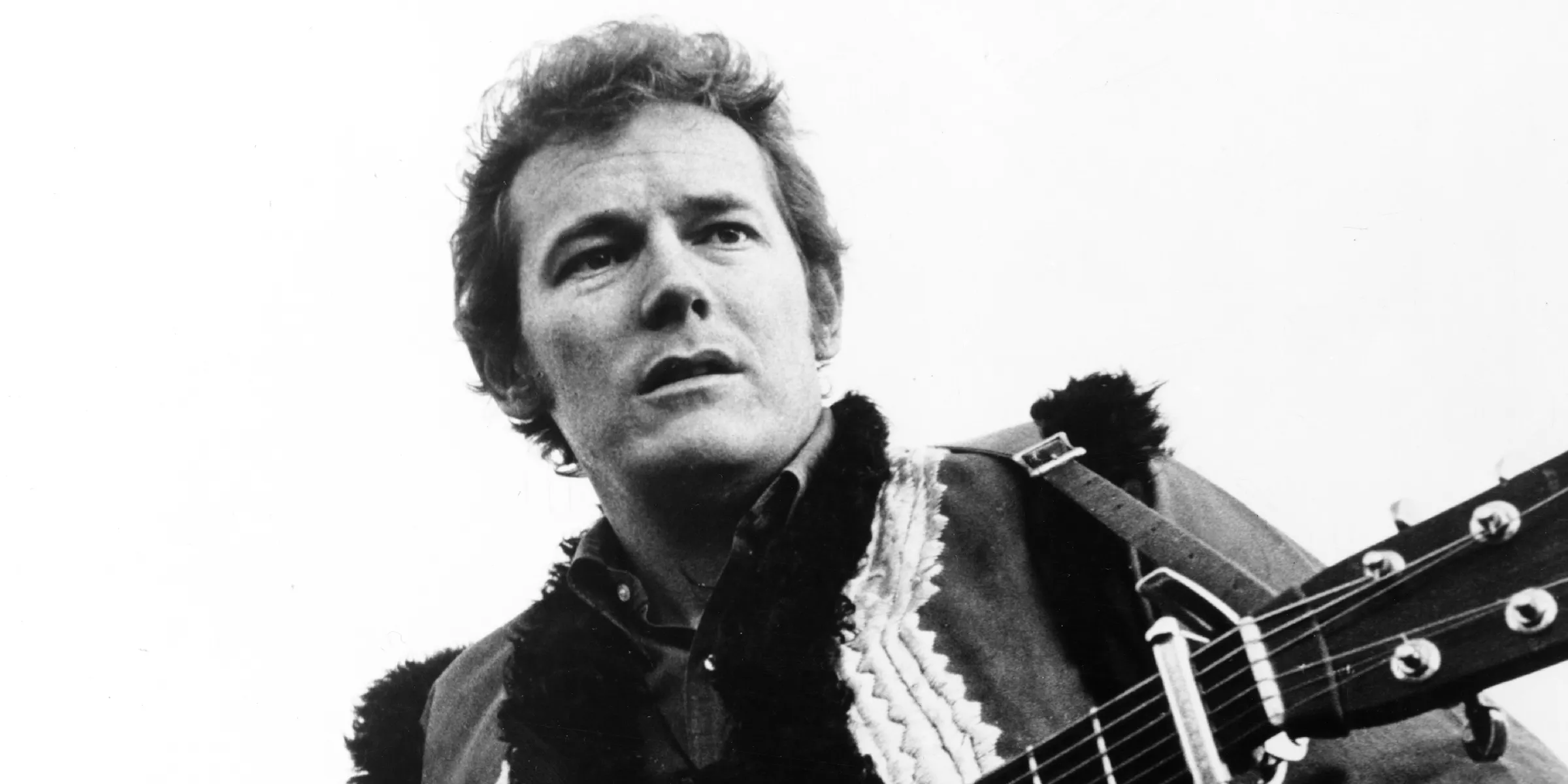
The Unyielding Embrace of Lake Superior: A Poignant Memorial to Lost Souls and Unanswered Questions
There are songs that simply entertain, and then there are those rare, profound narratives that etch themselves into the very fabric of our collective memory, becoming living monuments to tragedy, resilience, and the relentless power of nature. For many of us who remember the mid-1970s, Gordon Lightfoot‘s haunting ballad, “The Wreck of the Edmund Fitzgerald,” released in 1976 on his masterful album Summertime Dream, became just such a timeless piece. It was more than a hit; it was a communal elegy, a solemn reflection that resonated deeply across North America and beyond. Upon its release, the song soared, peaking at an astonishing No. 2 on the Billboard Hot 100 chart in the United States and claiming the No. 1 spot on the RPM Top Singles chart in his native Canada, testament to its immediate and widespread impact. Yet, its true measure lies not in its chart performance, but in its unwavering ability to transport us back to a chilling November night and to ponder the enduring mysteries of the Great Lakes.
The story behind “The Wreck of the Edmund Fitzgerald” is rooted in a devastatingly real event that unfolded on November 10, 1975. That fateful night, the SS Edmund Fitzgerald, a massive iron ore freighter, the largest vessel on the Great Lakes at the time, vanished without a trace during a ferocious storm on Lake Superior. Carrying 26,116 tons of taconite pellets and a crew of 29 souls, the “Mighty Fitz” was just miles from the safety of Whitefish Bay when it disappeared from radar. No distress signal was ever received, no wreckage found beyond a few life rafts and debris, and no bodies recovered. The lake, vast and unforgiving, simply swallowed them whole, leaving behind a profound void and an agonizing absence of answers that continues to haunt maritime history to this day. It was a tragedy that captivated the continent, a stark reminder of humanity’s fragility against the raw might of the natural world, even in an era of advanced technology.
Gordon Lightfoot, a Canadian troubadour already renowned for his poetic lyrics and evocative storytelling, was profoundly moved by a Newsweek article published two weeks after the disaster, detailing the chilling events and the agonizing search. Driven by a deep sense of respect for the lost crew and a compulsion to honor their memory, Lightfoot embarked on a meticulous research process, poring over nautical charts, weather reports, and eyewitness accounts. He crafted a narrative that is not merely factual but deeply emotional, weaving together the details of the ship’s final journey with a profound sense of human loss and the relentless, indifferent power of the lake. The song’s meaning, therefore, transcends a simple recounting of facts; it serves as a powerful testament to the dangers faced by those who ply the treacherous waters of the Great Lakes, a poignant memorial to the 29 men who perished, and a somber meditation on the unresolved mysteries that cling to maritime disasters. It speaks to the universal themes of vulnerability, the search for closure, and the enduring human need to remember and honor those who are lost to the elements.
For those of us who lived through that time, “The Wreck of the Edmund Fitzgerald” resonates with a particularly potent blend of nostalgia and sorrow. We remember the hushed tones of news anchors, the stark black-and-white images of the lake’s angry waves, and the collective gasp of disbelief that such a thing could happen. When Lightfoot’s gravelly, resonant voice began to paint the picture, his acoustic guitar mimicking the mournful winds, it wasn’t just a song; it was a shared experience, a public grieving. It stirred memories of cold November nights, of the vast, almost oceanic presence of the Great Lakes, and of the quiet heroism of the men who worked them. The ballad’s stark imagery – “the iron ore carrier was a hulk in the lake” – and its repetitive, almost hypnotic rhythm pull us into the depths, making us feel the chilling spray and the relentless roll of the waves. It stands as a timeless reminder that even in our modern world, the forces of nature remain untamed, and that some mysteries, like the final moments of the Edmund Fitzgerald, are destined to remain forever shrouded in the depths, preserved only by the power of memory and the enduring legacy of a song.